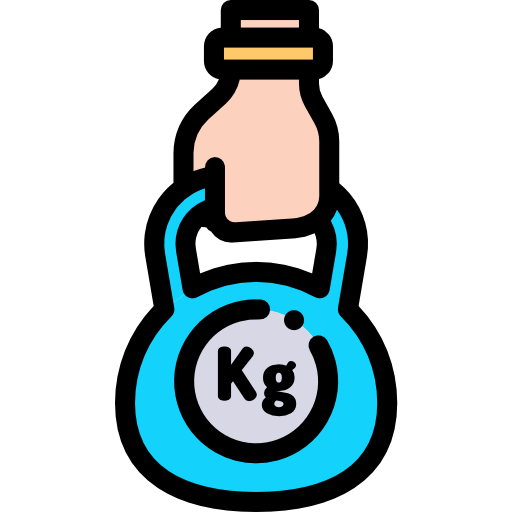Why rapid weight loss may not be realistic and how to focus on slow, steady progress.
It's completely normal to not see significant weight changes in the first few weeks or even month of starting a new diet or exercise routine. In fact, it's often more realistic and healthy to aim for slow, steady progress rather than trying to make rapid changes. There are a few reasons why you might not see immediate results when starting a new diet or exercise routine:

It takes time for your body to adjust to the new habits. It's common for people to experience a "adaptation period" when starting a new exercise program, during which they may not see significant changes in their weight or strength. This is because it takes time for the body to get used to the new demands being placed on it. Your body may be in a "weight loss plateau." This is a common phenomenon that occurs when your body becomes accustomed to your current diet and exercise routine and stops losing weight. To break through a plateau, it may be necessary to make changes to your diet or exercise routine, such as increasing the intensity or duration of your workouts or adding new exercises.
👨
You may not be accurately tracking your progress. It's important to track your progress using methods such as weighing yourself, measuring your body fat percentage, or taking progress photos. If you're not accurately tracking your progress, it may be difficult to see the changes that are occurring.
👁️
If you're not seeing significant weight changes in the first few weeks or month of starting a new diet or exercise routine, try not to get discouraged. Remember that progress often occurs slowly and that it's important to be patient and consistent. Keep track of your progress using accurate methods and make adjustments to your diet and exercise routine like jump rope workouts as needed. Most importantly, focus on the non-scale victories, such as feeling stronger, having more energy, and improving your overall health. These are often more important indicators of progress than the number on the scale.
👩